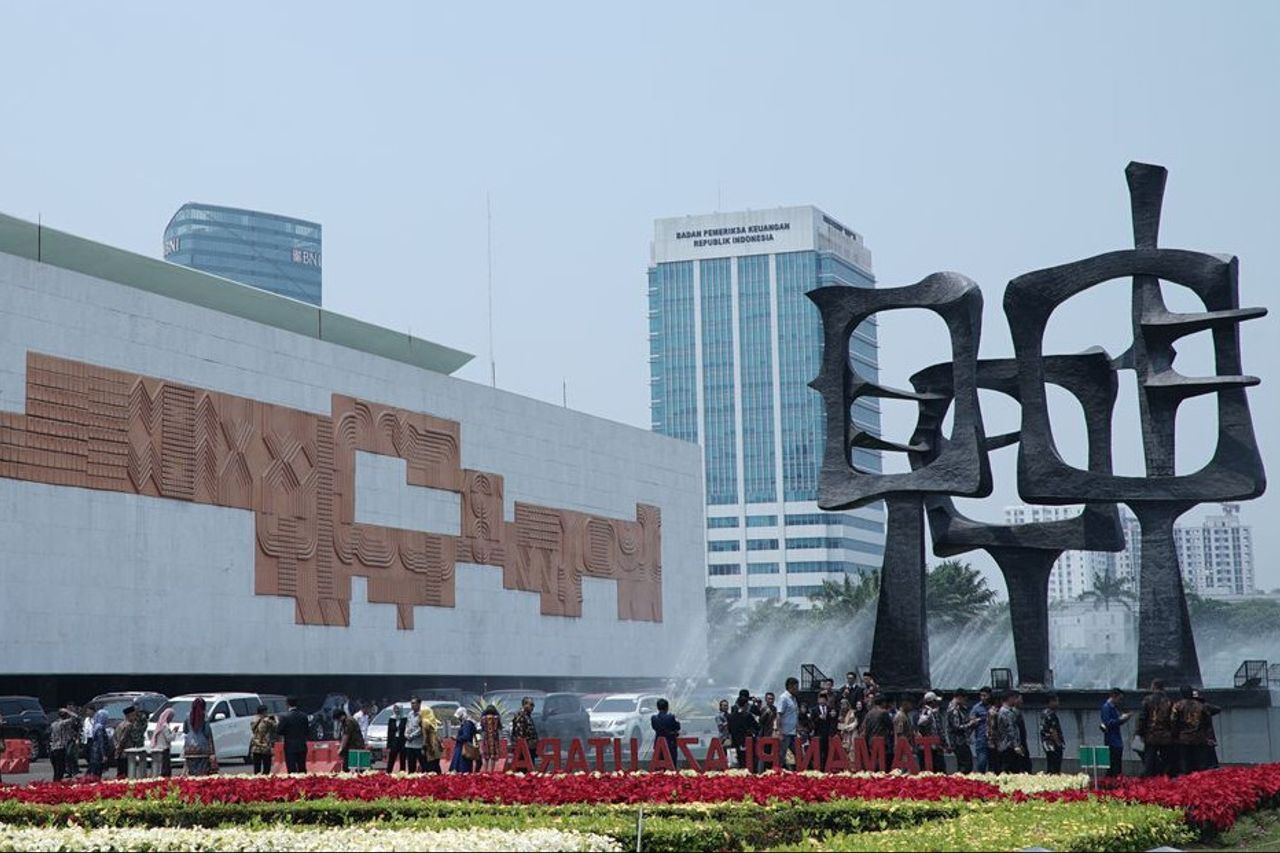DPR Commission VI Encourages Evaluation Of ESDM Ministerial Regulation Regarding Industrial Gas Prices

JAKARTA - The House of Representatives Commission VI will ask the Ministry of State-Owned Enterprises (BUMN) to coordinate with the Ministry of Energy and Mineral Resources (ESDM) to evaluate sectoral regulations that hamper the performance of energy SOEs. This is intended so that each issued regulation does not have a negative impact on dividends, state tax revenues and the implementation of social responsibility to the community.
That is one of the conclusions of the Hearing Meeting (RDP) between the House of Representatives Commission VI and three Energy SOEs, namely PT Pertamina (Persero) (Pertamina), PT Perusahaan Listrik Negara (Persero) (PLN) and PT Perusahaan Gas Negara Tbk (PGN). RDP, which is broadcast live through several social media channels such as Twitter and YouTube, is being held online in Jakarta, Thursday 16 April.
In the RDP, Commission VI of the DPR specifically highlighted the new regulations issued by the Ministry of Energy and Mineral Resources, namely the Ministerial Regulation (Permen) of ESDM Number 8 of 2020 concerning Determination of Users and Prices of Certain Natural Gas in the Industrial Sector. Based on the regulation which is a derivative of Presidential Decree No. 40 of 2016, the selling price of natural gas for certain industries is set at 6 US dollars per MMBTU at the plant gate.
"With the COVID-19 pandemic, PGN, Pertamina and PLN, there has been bleeding. There is a shock to the current energy BUMNs. Because demand is decreasing, stocks are excess. In a situation like this the government depends on these 3 BUMNs. But on the other hand, these 3 BUMNs It is also affected by COVID-19, now if the government gives an assignment, you can take the fruit, but don't cut the tree. Yes, there must be compensation from the state so that the tree doesn't fall, "said member of Commission VI DPR RI from the Democratic Party faction Herman Khaeron.
Herman asked the Ministry of Energy and Mineral Resources to take a fair policy towards Energy BUMNs, especially BUMNs that received assignments from the government. Each assignment must be supported by policies that protect the BUMN's business activities.
According to Herman, due to the COVID-19 outbreak, industrial demand for energy will certainly decline. Meanwhile, energy companies have long-term contracts where the take or pay rules will apply. This means that the gas that has been purchased must be paid for, regardless of whether the gas is used or not.
"In a situation where there is a decrease in demand and fluctuations in the rupiah exchange rate against the US dollar like this, it will certainly be more burdensome for the energy BUMN business. The Minister of Energy and Mineral Resources must provide measurable incentives and protect BUMN if they give assignments," said Herman.
Therefore, in other concluding points, Commission VI will continue to support this BUMN Gas in the implementation of Presidential Decree No. 40 of 2016. Where the implementation of the regulation is carried out by adjusting upstream prices, so as to maintain the economy and business sustainability, aspects of governance and compliance with applicable laws and regulations.
Nyat Kadir from the NasDem Party faction also questioned the Minister of EMR's decision to enforce a certain industrial gas price fixing of US $ 6 per MMBTU. According to him, with Indonesia's geographical conditions, where the gas source is in East Indonesia and the market is in West Indonesia, natural gas certainly has certain economic values.
"Has the 6 US dollar price entered into its economic value. Including in terms of natural gas infrastructure development, given the geographic conditions of our islands," said Nyat Kadir.
Meanwhile, National Awakening Party Politician Mohammad Toha asked the government to immediately convey the incentives that will be given to energy BUMNs related to each given assignment.
"We all want to know whether this rule will harm PGN as a BUMN or not. Therefore, the government must provide incentives to ensure PGN is able to carry out its roles and functions in accordance with applicable laws," he explained.
